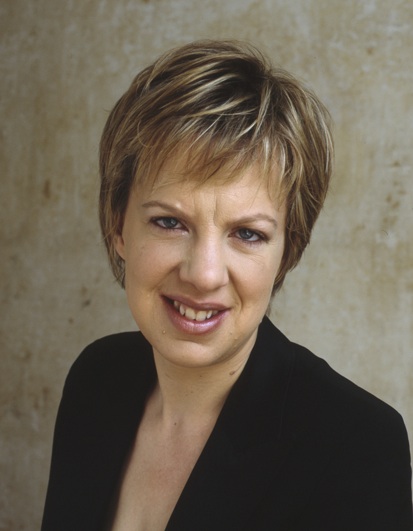
Pro-choice campaigners and politicians are up in arms over a plan to hold an abortion referendum in mid-summer when many students are out of the country. In a media briefing on Friday, Taoiseach, Leo Varadkar, said the Government intend holding up to nine referendaa in the next year on dates in June/July and November 2018, and May or June 2019. A spokesman for the Taoiseach said that an abortion referendum would take place “ideally before the end of June” next year. This would “give sufficient time to tease out the issues”, he said, while “the desire is to address it expeditiously”.
Ailbhe Smyth of the Coalition to Repeal the Eighth Amendment described the Taoiseach’s plan as “extremely worrying” and said holding the referendum in the summer months, when many students go abroad, “would effectively mean disenfranchising thousands of young people”. Solidarity TD, Ruth Coppinger, said: “The optimum time is when a lot of young people can vote. The marriage equality referendum was on May 22, 2015.” Orla O’Connor, director of the National Women’s Council of Ireland, said the vote should take place “in May at the latest” because younger voters tend to go abroad for the summer. Ivana Bacik, a Labour Party senator and pro-choice advocate, said: “It should be held before the summer. The concern would be if it was delayed beyond that, other events, including the Pope’s visit [in August] or potentially another general election, could affect it.”
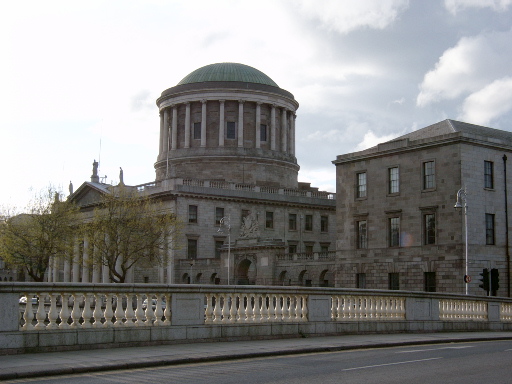
The Government has appointed Judge Frank Clarke as the Chief Justice of the Supreme Court. Writing in the Irish Times, legal analyst, Ruadhán Mac Cormaic said the Judge comes with a “radical edge” that may take the Court in a new direction.
In the 2013 Marie Fleming case, the court rejected the argument that there was a right to assisted suicide. While Clarke did not give a written opinion, MacCormaic writes that “given Clarke’s line of questioning at the hearing it would be no surprise if he argued in private for the alternative result, which would have been considered within the current judiciary quite a radical position”.
In a major surrogacy case before the Court in 2014 on whether the genetic mother of twins born to a surrogate could be registered as their mother, Clarke alone concluded that, in the absence of a definition of the term, “mother” applied equally to a birth mother and a genetic mother.
In a foreshadowing of his jurisprudential philosophy, he also remarked that “there may be circumstances where the courts are required to develop common law principles to meet new scientific circumstances” – a view that his colleague, Justice Adrian Hardiman saw as indicating a strikingly expansive view of the courts’ power.
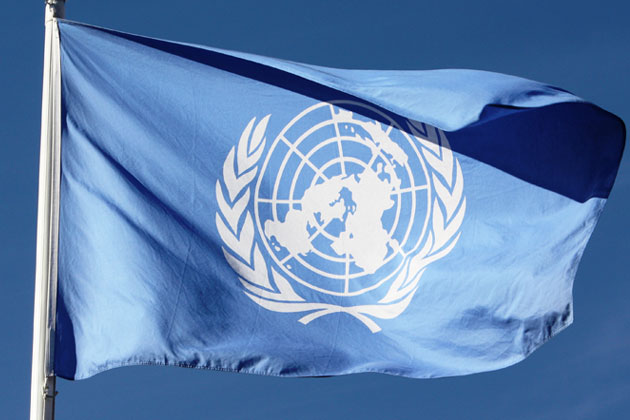
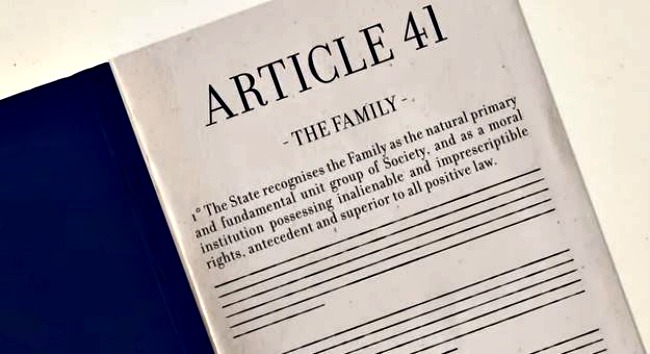
A new poll found that 41% of the public would vote to repeal the section of the Constitution protecting the place of the mother in the home versus 39% who would vote against repeal. Significantly, more women than men support retaining the clause. Fine Gael TD, Josepha Madigan, who is pushing for repeal, called the results “surprising” and said an “information campaign” would be necessary before a referendum might be held.
Separately, Professor Geoffrey Shannon, the government’s special rapporteur on child protection, said removal of the clause could affect Ireland’s generous maintenance regime for dependent spouses in the event of marriage breakdown. Shannon said: “A dependent spouse fares better in Ireland than in virtually any other jurisdiction in the world, and that’s due to this lifelong obligation. It is a safety net or a protective mechanism for the spouse who acts as homemaker.”
Meanwhile, in the Examiner, columnist Victoria White has penned a comprehensive defense of the clause, though adding it should be expanded to include fathers. This proposal, to retain and expand the clause, attained 98% support among the participants in the Constitutional Convention of 2013. She panned the desire of Fine Gael and Labour to delete the article as “cheap politics”, and derided as “balderdash” the claim that the clause was ever meant to keep women in the home. She said it was the US feminist Ivy Pinchbeck who wrote movingly about the conditions of young mothers in factories who inspired the clause. Indeed, White placed the political choice as either preferring one parent to stay home to raise children, or preferring both parents to leave the home to generate greater taxable income for the State.

The executive director of SpunOut.ie, Ireland’s youth information website, has questioned whether parents should have the right to decide whether their children may have access to online social media. While emphasising children’s rights, Ian Power said that some will point to the role of parents and guardians in tempering these rights “with concern for their child’s security”.
“It is true that parents and guardians have a significant role to play: the ideal will always be that children’s rights and parental responsibilities go hand-in-hand. Yet it is no great difficulty to imagine a scenario in which a young person’s rights are directly harmed by an abusive or neglectful parent. In such cases, the ability to access online services in confidence is an incomparable tool for securing help and support,” he said.
The Government has now decided that “digital age of consent” for children to sign up to online services without parental approval should be set at 13, which is at the lowest end of the EU recommendation, which is between 13 and 16 years of age.

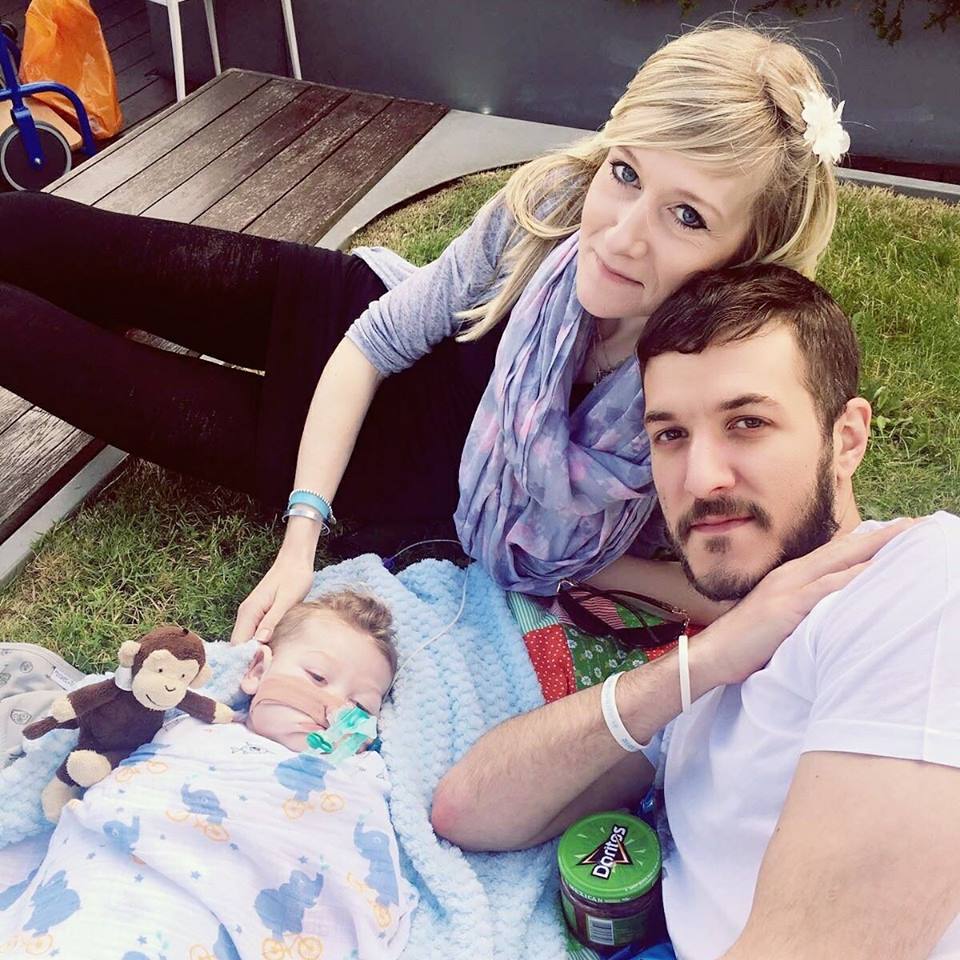

The parents of the baby, Charlie Gard, yesterday announced they were ending their legal fight to enable him to leave Great Ormond Street Hospital and the UK to receive experimental treatment abroad. Their lawyer Grant Armstrong told London’s High Court that time had “run out” for the child as irreversible muscular damage has been done and the treatment could no longer be a success. “Charlie has waited patiently for treatment. Due to delay, that window of opportunity has been lost,” Mr Armstrong said.
Connie Yates, the child’s mother, told the High Court: “We only wanted to give him a chance of life.”
“This is one of the hardest things that we will ever have to say and we are about to do the hardest thing that we’ll ever have to do which is to let our beautiful little Charlie go. Put simply, this is about a sweet, gorgeous, innocent little boy who was born with a rare disease, who had a real, genuine chance at life and a family who love him so very dearly and that’s why we fought so hard for him,” she said.
“There is one simple reason for Charlie’s muscles deteriorating to the extent they are in now — TIME. A whole lot of wasted time. Had Charlie been given the treatment sooner he would have had the potential to be a normal, healthy little boy,” she said.

“They may be doing more harm than good by promoting the idea that suicidality can be used as a currency to obtain rights or benefits and by spreading the false reassurance among the public that psychiatrists can predict and prevent individual suicides,” they write.
